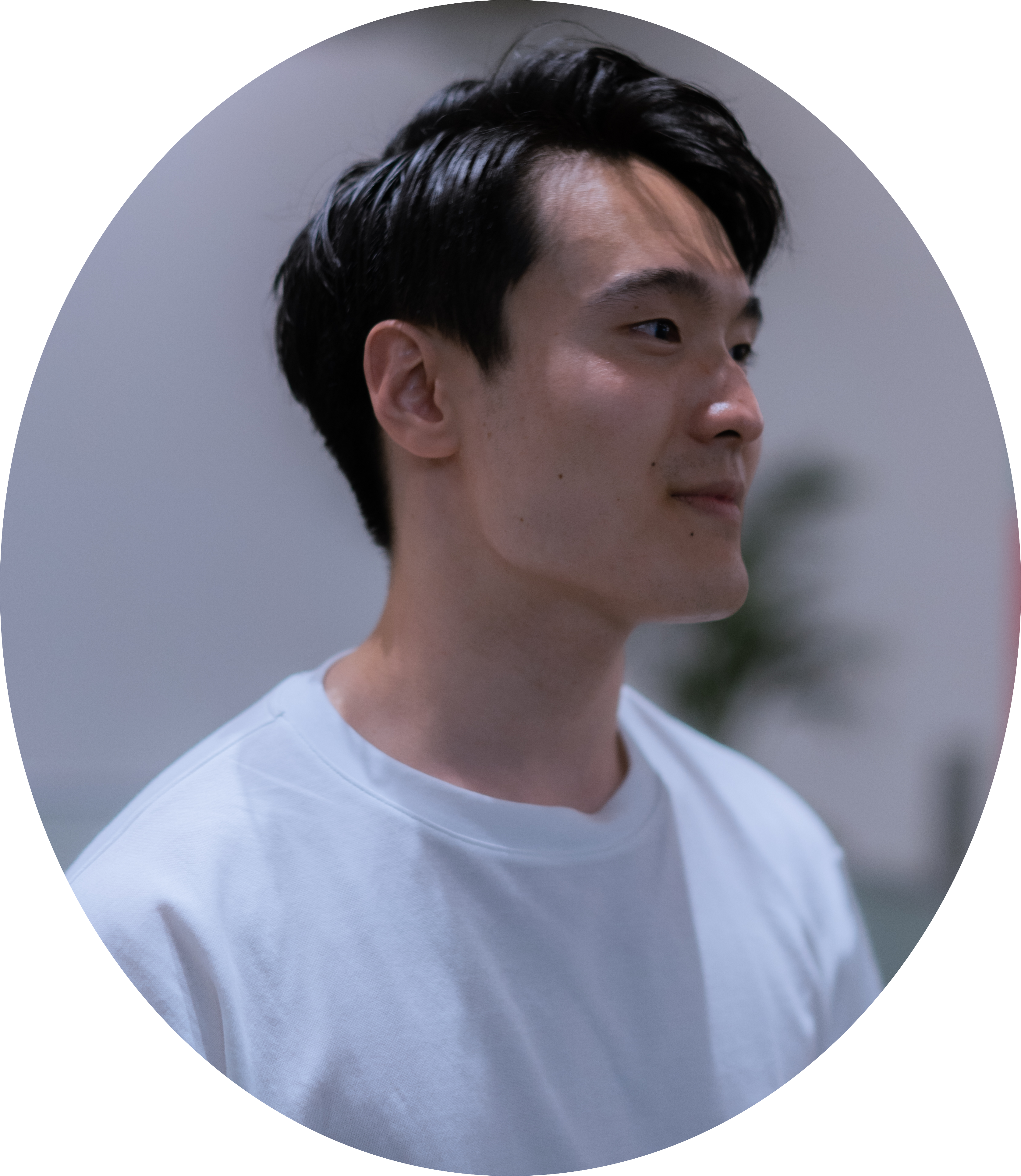|
I'm a 4th year Biophysics PhD candidate in Possu Huang's lab at Stanford and am supported by the NSF GRFP. I'm interested in building generative models for protein design. Previously, I studied Computer Science and Statistics at UC Berkeley and worked under Professor Nilah Ioannidis to study the effects of noncoding variants on chromatin accessibility using machine learning. In Jeffrey Gray's lab at Johns Hopkins, I developed deep learning approaches for designing antibody sequences under the mentorship of Jeffrey Ruffolo. I've also interned with Absci, where I worked on de novo antibody design, and with the Protein Design team at Google DeepMind. Email / CV / Google Scholar / Twitter / Github |

|
|
Template taken from Jon Barron's page (source code). |